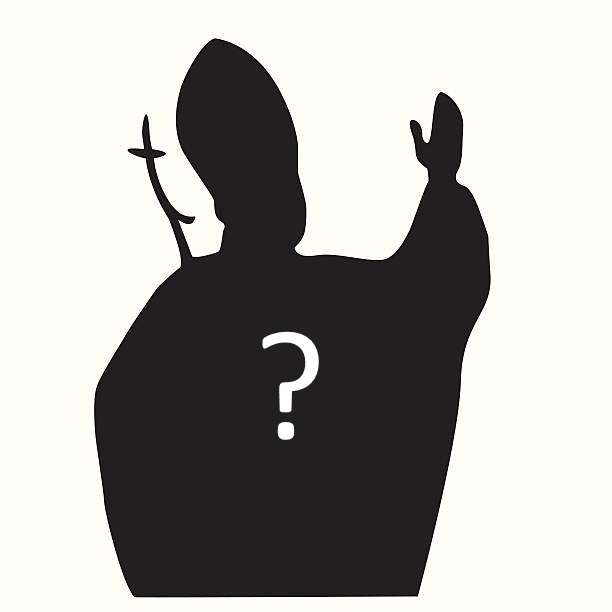The moral teaching of the Church largely follows Stoicism in this, so that we may say that both the procreative function of marriage and the habit of judging “in accordance with nature” constituted the dual dowry bestowed by the world of antiquity on Christian marital morality. Up to the present these principles have determined the categories of Catholic moral theology.
With this as a background, we can begin to see the great significance of the fact that the Pastoral Constitution on the Church in the Modern World [Gaudium et Spes] eliminated both these categories. Neither the concept of the “prime end of procreation” nor the concept of the marital behavior “according to nature” has any place in the Constitution. This elimination of ancient categories was the result of struggle and effort and clearly marked a radical turn toward new modes of moral teaching, and a turning away from forms that have up to now characterized moral theological tradition.
The procreative view is here supplanted by a personalistic view, which of course must not overlook the essentially social meaning of marriage if it is not to become one-sided in the other direction. Even more important is the fact that a moral teaching whose norms came “from below” (from a concept of nature that was not all that unequivocal) was now supplanted by a teaching whose norms came “from above,” from a spiritual view of marriage and family. And so, the text points to conscience, to the Word of God, to the Church interpreting the Word of God, as proper guides for morality in marriage.
(scroll down for answer)
.
.
.
.
.
.
.
.
.
.
.
.
.
.
.
.
.
.
.
.
.




Popular Posts